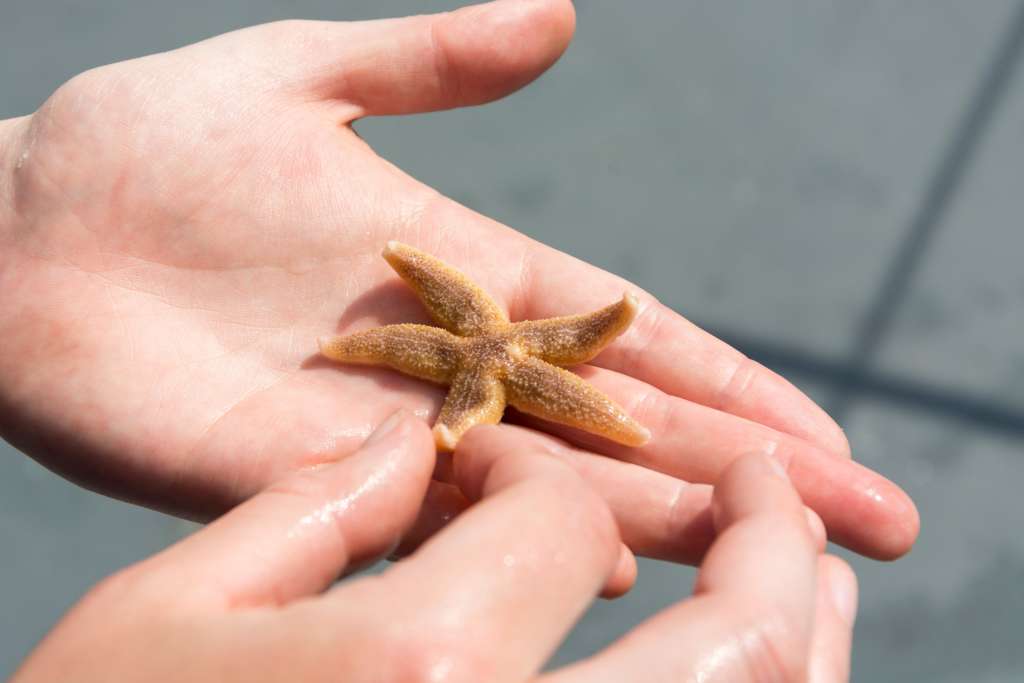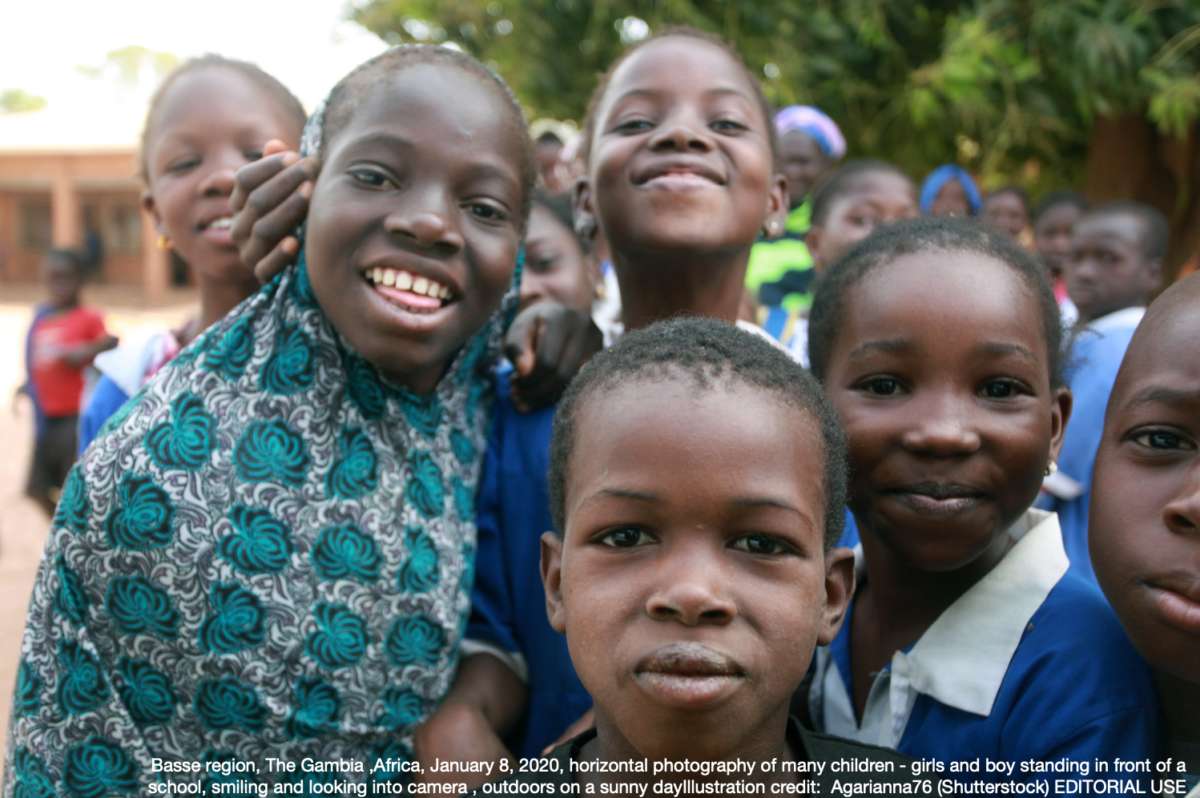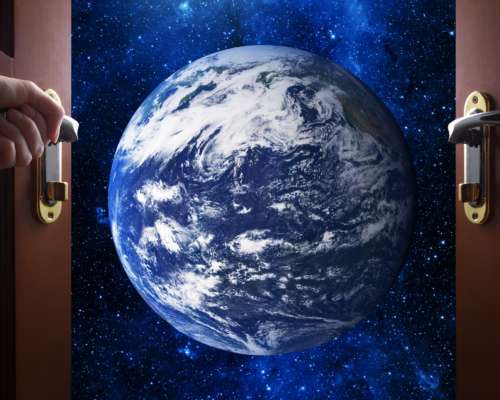I subscribe to Quora, and I receive daily posts in those areas that I find interesting. Today, I received a post from a contributor named Sajeev Rajan that I found positively inspirational and of value to our society (and Church) today. While I understand that Quora allows the literal reproduction of posts in their Terms of Use, I will paraphrase it out of an abundance of caution and with thanks to Sajeev for passing this on. And nor can I vouch for the authenticity of the story. But today’s new word is “Ubuntu.”
The game
According to the story, there was an anthropologist who was playing with some African children. He devised a game, either for amusement or to observe the reaction of the children. He placed a basket filled with delicious fruit at some distance away and said to the children that the child who could reach the basket of fruit first, would get the basket and the fruit. Expecting a foot race, the anthropologist gave the signal to start the race. However, rather than sprint to the prize, the children joined hands and calmy walked to the basket together, arriving at the same time and thereby sharing in the fruit.
Perhaps betraying his own cultural values, the anthropologist asked the children why they did not compete with each other and let the winner take all of the fruit? The children answered with one word: “Ubuntu!” The word implicitly means: “How can one of us be happy while the rest are miserable?” Literally it means: “I am because we are.”
What does this mean?
I was flooded with thoughts after I read this. I thought of the greedy, selfishness of many of our children at the same age. I thought of youth sports where too many children learn that it’s not how you play the game, it’s whether you win or lose! Do parent even teach their children to share anymore?
I thought of game shows on television featuring people in ridiculous costumes, acting in dreadful ways or enduring humiliating situations for the sake of a vacation to Cancún, or a new couch (neither of which they need.) I thought of people going deeper and deeper in debt for the sake of finding happiness. I thought of politicians betraying their constituent’s trust for another two years of public “service.” I thought of ministers who need a new jet or a larger church when their parishioners cannot support this financially. Don’t they know that they are to shepherd the sheep, not fleece the flock?
All the lonely people
Then, I thought of the many lonely people in our cities, ignored or forgotten. I remembered what Rousseau wrote in the Social Contract of “children a burden to their parents” while today, parents are all too often seen as a burden to their children. Rousseau knew that people did not live in isolation, that we formed social groups, communities for our mutual benefit. His famous example of a stag hunt should convince us that together we can accomplish what no single person can on their own. John Donne wrote in the seventeenth century “No man is an island.” Self-reliance alone is necessary, but not sufficient.
Our brother’s keeper

We have responsibilities to each other. Jesus said: “…whatever you did for one of the least of these brothers and sisters of mine, you did for me” (Matthew 25:40.) How many sermons are focused on this. Maybe, today, we have too many “prayer warriors” and not enough servants? We talk about how Jesus has touched our heart. Can we not in some small way touch His?
The lessons I think are that money can’t buy you love (or happiness) on the one hand, while your cannot possibly be happy when people around you are living in misery. Be realistic. You cannot “save the world,” but you can make a difference in one other person’s life. Remember the starfish story.
The children in the photo don’t need new PlayStations or expensive clothes or Bentley sunglasses to be happy and caring for each other. They don’t even need a trip to Cancún or a new couch. They don’t base their happiness on who leads their country. They are because they just are. Should we expect any less from Christians?
“In serving each other we, ourselves, become free.”
Arthur Pendragon (Arthur Rex)
Here is an interesting video on ubuntu from the BBC.





Leah Chrest
October 13, 2021Saw this post on twitter a week ago and finally got around to reading it. I teach my high school students about Ubuntu. That’s the first time I heard the story of the game though!
I have found myself living a life more and more of service and, as I do so, have felt more fulfilled and happier than ever. We truly are (and are our best selves) when we are connected to others and in mutual service. As always, beautiful. Thank you!